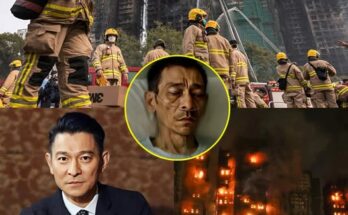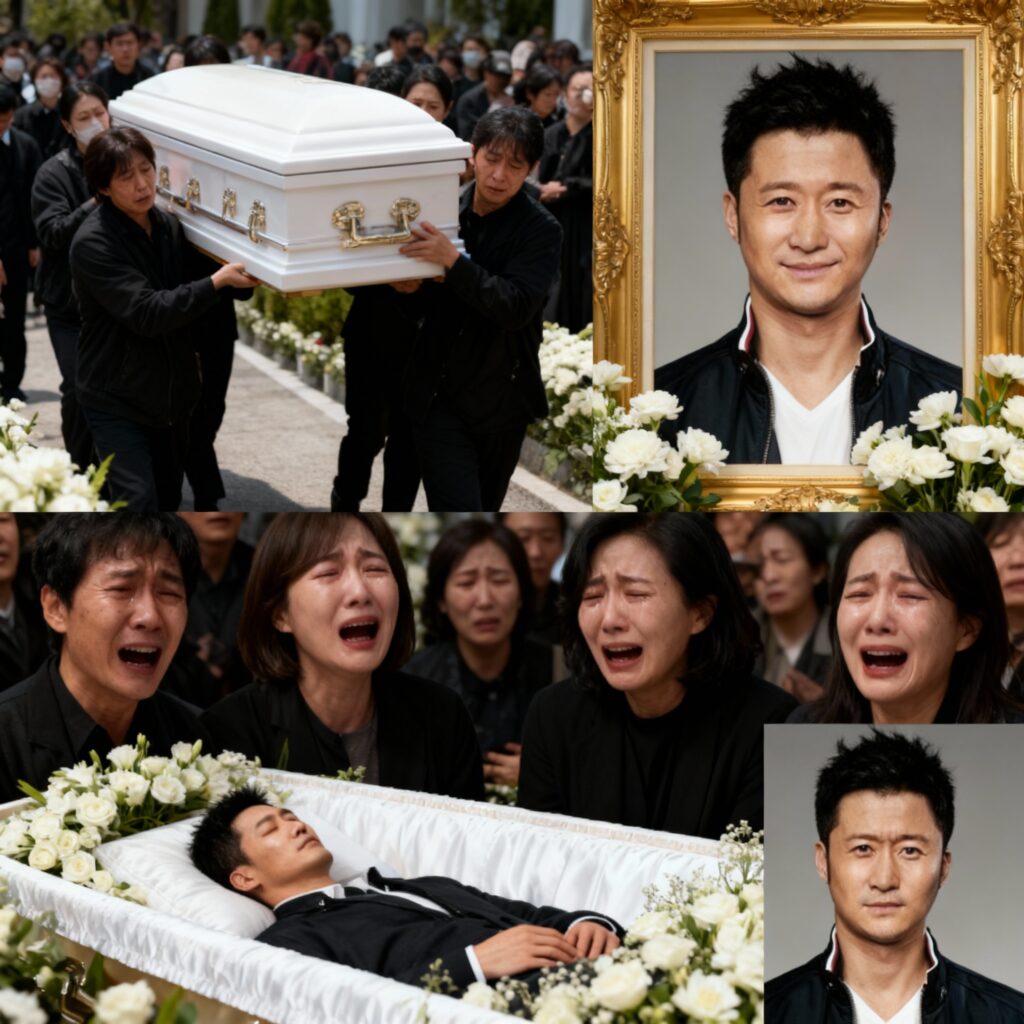
1. Opening – The Final Bow
As the world awakens to the quiet, heartbreaking news, an entire generation of movie lovers pauses in reverence.
Wu Jing — the actor, director, and martial artist who embodied courage, discipline, and humanity — has taken his final bow.
For decades, he was more than a performer. He was a storyteller of resilience. A face of modern Chinese cinema. A man whose fists spoke of justice and whose eyes revealed compassion.
Today, as fans light candles and revisit the unforgettable moments he left behind on screen, there is an undeniable sense that something larger than cinema itself has been lost — the heartbeat of a generation that found strength in his stories.
His laughter echoes still. His determination, immortalized in motion. Wu Jing’s name now stands among the legends — written not merely in film credits, but in the hearts of millions.
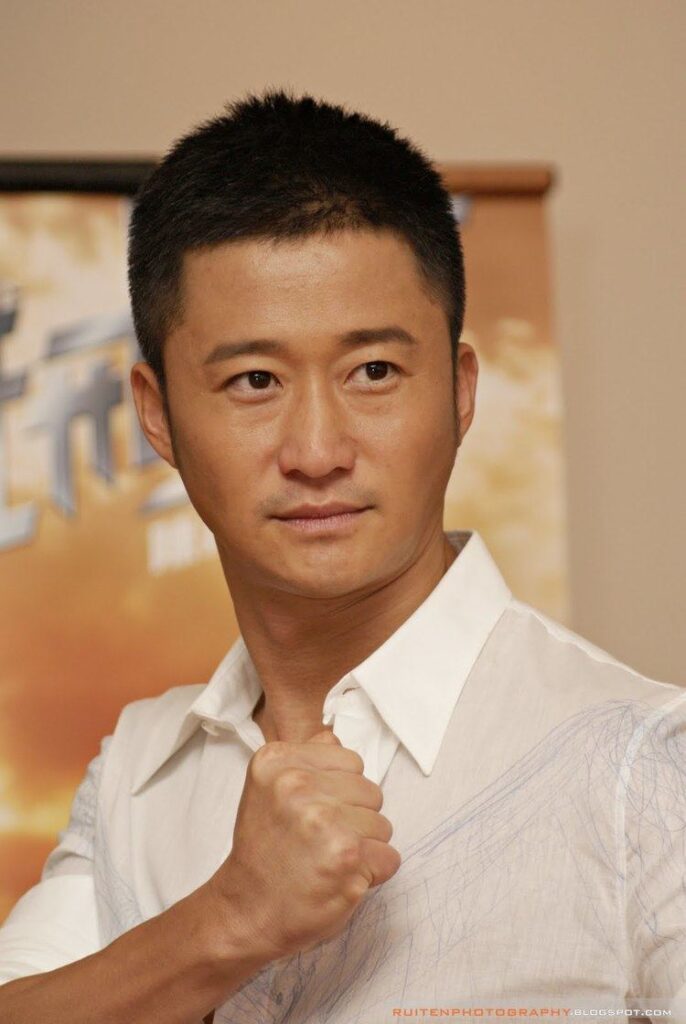
2. From Humble Beginnings
Born in Beijing in April 1974, Wu Jing’s journey began far from the glare of studio lights.
The son of a martial arts master, his earliest playground was the training hall of the Beijing Wushu Academy. While most children ran across playgrounds, Wu learned to leap, strike, and fall — not as a fighter, but as a disciplined artist.
He would later recall in interviews the sting of those cold winter mornings when his small hands trembled in the air, steadying a sword heavier than his frame. “If I could hold my breath longer than the pain,” he once said, “then I could hold my dream a little longer too.”
Wu Jing’s path to stardom was not lined with comfort. Injury, rejection, and obscurity shadowed his early years. Yet, from each hardship, he carved character. His story was not one of instant fame — but of endurance. And perhaps that’s what made his later success all the more profound.
3. Crafting a Unique Style – The Warrior’s Heart
When Wu Jing stepped onto the screen, it wasn’t just to entertain — it was to inspire. His performances carried the authenticity of a man who lived every bruise, every fall, every tear.
From his breakout role in Tai Chi Boxer (1996) to his commanding presence in SPL: Sha Po Lang (2005) and Wolf Warrior (2015), Wu created a cinematic language that merged discipline with emotion. His fight scenes were balletic yet brutal, his silences heavier than words.
He wasn’t merely performing action — he was narrating the philosophy of resilience.
Each movement was poetry, each scar a sentence in his life’s manuscript.
“Wu Jing redefined what it means to be a hero,” wrote a Variety critic in 2017. “He gave us warriors who bleed, men who fear, and patriots who cry.”
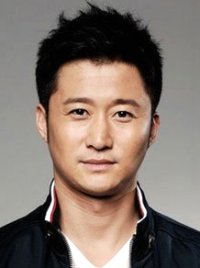
4. The Pain Behind the Art
Behind the spotlight, however, lay the quiet toll of dedication. Wu Jing’s career was marked by physical and emotional scars.
During the filming of Wolf Warrior 2, he suffered multiple injuries — including a near-fatal neck injury that required months of rehabilitation. Yet, in true Wu Jing fashion, he refused to let pain dictate his story.
“I have learned that suffering is a teacher,” he said in a 2018 interview. “You respect it. You grow from it. Then you bow to it and move on.”
Those who knew him closely often spoke of his humility, his habit of bowing to every crew member, his unshakable belief that filmmaking was a collective act of faith. Beneath the tough exterior, there lived a quiet man — thoughtful, disciplined, and endlessly kind.
5. Global Recognition and Influence
Wu Jing’s global breakthrough came not merely through the spectacle of Wolf Warrior 2, which became one of China’s highest-grossing films, but through what it represented — a cinematic declaration of self-reliance, courage, and compassion.
His later role in The Wandering Earth (2019) expanded that influence far beyond borders. Suddenly, Wu Jing was no longer just China’s action hero — he was an international ambassador of Chinese cinema, carrying the nation’s storytelling to global audiences.
From Cannes to Hollywood, his presence commanded respect. Directors praised his intensity. Co-stars admired his work ethic. Fans across Asia found in him a symbol of modern heroism — grounded not in arrogance, but in quiet integrity.
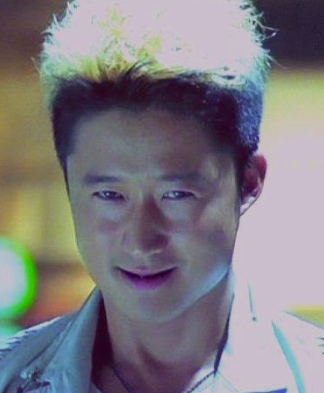
6. A Cultural Bridge
Beyond the screen, Wu Jing embodied the rare balance of artistry and humanity. He was known for his philanthropy — supporting disaster relief efforts, donating to children’s hospitals, and mentoring young martial artists who saw in him both a master and a friend.
He once said, “If my films can make one person stand up after falling down, then my work is not in vain.”
In an era of fast fame, Wu Jing stood for something older, purer. He bridged tradition and modernity, East and West, strength and grace. To many, he became not just an icon of Chinese film — but a cultural bridge whose art transcended language.
7. Farewell to a Tireless Performer
Now, as the curtain falls on his remarkable journey, the tributes pour in from every corner of the world. Actors, directors, and martial artists recall not his fame, but his focus. Not his awards, but his attitude.
A fellow actor once said, “Wu Jing never entered a set — he entered a temple.”
It was his sacred space. Every role was a prayer to the craft he loved.
If this is indeed the end of his earthly story, it is also the beginning of something timeless — the myth of a man who turned every punch into poetry, every fall into flight.
8. Timeless Memories on Screen
There are moments that will live forever:
Wu Jing standing alone on a battlefield, defying impossible odds in Wolf Warrior 2.
The tear that glides down his face in The Wandering Earth, as he sacrifices for humanity.
The smile of quiet satisfaction after a perfectly executed stunt — a small victory only he understood.
His artistry was never about spectacle alone. It was about sincerity — the rare ability to make audiences feel that courage is not the absence of fear, but the will to move despite it.
Young filmmakers still study his choreography. His techniques. His rhythm.
Wu Jing, the performer, has become Wu Jing, the textbook.
9. The Person Behind the Legend
To those closest to him, Wu Jing was not a superstar but a gentle soul.
He was a devoted husband to actress Xie Nan, a loving father of two sons, and a loyal friend to many in the industry. His humility was legendary — known to share meals with stunt teams, to insist on rehearsing alongside newcomers, to laugh easily, and forgive even faster.
“He never wanted to be admired,” Xie Nan once shared. “He only wanted to be remembered as someone who gave his all.”
On set, his laughter often broke the tension before a demanding scene. Off set, his quiet gestures — handwritten thank-you notes, simple acts of kindness — became stories told with affection by all who worked with him.
10. A Legacy That Will Endure
Wu Jing’s impact cannot be measured in box office numbers or awards alone. It lives in the confidence he gave to a generation of Chinese actors. In the pride he inspired in audiences who saw their culture reflected with dignity. In the films that will be watched, studied, and cherished for decades to come.
He was, in every sense, a man who devoted his youth to his craft.
And though his story has reached its closing act, the film of his legacy will never fade.
As one director poignantly remarked, “When the camera stopped rolling, Wu Jing kept acting — through the lives he touched.”
11. Conclusion – Goodbye, But Never Forgotten
As the credits roll on a lifetime of courage and creation, we remember Wu Jing not for how he died or when he left, but for how he lived.
He gave us heroes who bled. Stories that healed. Hope that soared.
Though the set now stands quiet and the echoes of his voice fade into memory, one truth remains unshaken — Wu Jing’s spirit is eternal.
He may have stopped leaping from rooftops,
but his spirit will forever soar.


